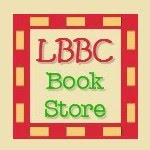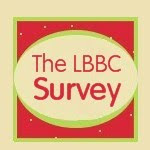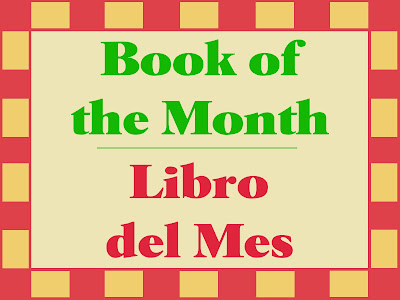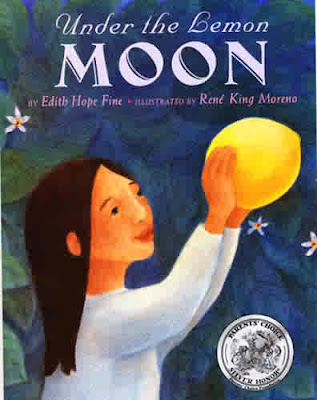 Around my house, Spanish dictionaries are a treasure. I have one sitting next to my desk and a few scattered here and there for emergency consultations.
Around my house, Spanish dictionaries are a treasure. I have one sitting next to my desk and a few scattered here and there for emergency consultations. Recently, I stumbled upon a new children’s Spanish dictionary at our local library. My First Book of Spanish Words by Katy R. Kudela is full of words in both English and Spanish. It is a nicely laid-out picture book style dictionary with themed photographs such as la familia, la cocina, el jardín and los colores. Items in each picture are then identified with a bubble that includes the word in both English and Spanish. The little bubble also contains a pronunciation guide below each Spanish word.
For the most part this book is engaging and visually stimulating, but the words and concepts presented in this dictionary may be too simple for more advanced children who have more experience with the language. However, it is perfect for families who are beginning their bilingual lessons.
I did find it funny that I was not familiar with some of the Spanish words used. For example, a "worm" is translated as "la lobriz" whereas I’ve always heard it referred to as "un gusano," and "computer" is called "la computadora," but I’ve always heard "el ordenador." (I think this last one, in particular, goes back to those crazy Spaniards refusing to let their language become bastardized by the assimilation of English words.) As has been discussed many a time by many a people (including mis amigas over at el Tiki Tiki and also at Spanglish Baby), the Spanish language reflects the diversity of our Latino cultures, so I have no problem substituting words that I am more familiar with when necessary. As my children grow older, I intend to point out other words that have the same meaning, but for now, to avoid confusion on MY part as their teacher, I like to use the words with which I am most familiar.
I think as parents trying to raise bilingual children, we should try not to get too caught up in the rules and become sticklers. Nuestros niños are paying close attention to us, so I think that the act of being bilingual should be a natural action on our part. Signs of struggle or awkwardness may lead to resistance on their part. What do you think?
At any rate, the LBBC has added a nice collection of children’s Spanish dictionaries to the store. Some are more in-depth than others, so depending on your child’s language level, you have several options to choose from. Check them out here.



















